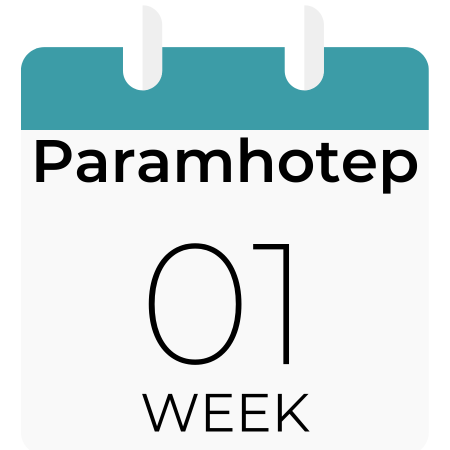On this Sunday (03/10/24), the 1st Sunday of Paramhotep, and the Eve of the beginning of the Great Lent, the Church reads from Matthew 6:1-18. In these Verses, Christ cautions and teaches us how to do good deeds: almsgiving Matt 6:1-4, prayer vv. 6:5-8, and fast vv. 6:16-18. The theme in all three scenes is that everything has to be done in secret, in humility, in reverence to God, in faithful intent, and for His glory.
As we read these verses, we will notice that all three conclude with “And your Father who sees in secret will reward you.” As Origen says, “Since egotism and virtue are directly opposed to each other, they can never happily coexist in the soul.” Here, Jesus is emphasizing something of extreme importance: Christ is not condemning public almsgiving, prayer, or fasting, but He is condemning the intent behind each action. St John Chrysostom writes, “He is not focusing simply on the outward act done but the inward intent.”
Let’s examine these three actions:
Almsgiving
“Thus, when you give to the needy, sound no trumpet before you, as the hypocrites do in the synagogues and in the streets, that they may be praised by others. Truly, I say to you, they have received their reward. But when you give to the needy, do not let your left hand know what your right hand is doing so that your giving may be in secret. And your Father who sees in secret will reward you.” (Mt 6:2-4)
- The idea of sounding the trumpet when almsgiving is interpreted as committing acts of kindness performed only when others are present. In addition, favoring the wealthy and neglecting the poor while seeking praise is also considered trumpeting. We can also take this one step further and say that even acts done in secret with the intention of seeming praiseworthy can be seen as trumpeting.
- St John Chrysostom explains that when Jesus talks about the left hand not knowing what the right hand is doing, “Jesus is not talking about literal left and right hands. Rather, he speaks spiritually with intentional exaggeration. ‘If it is possible,’ he says, ‘for you to remain unaware, let this be your goal.’”
- Once again, the intention behind the action rather than the action itself, is what Jesus is focusing on here.
Prayer
“When you pray, you must not be like the hypocrites. For they love to stand and pray in the synagogues and at the street corners, that they may be seen by others. Truly, I say to you, they have received their reward. But when you pray, go into your room and shut the door and pray to your Father who is in secret. And your Father who sees in secret will reward you.” (Mt 6:5-6)
- St John Chrysostom explains that when we pray in secret, we become “in communion with archangels and singing with the seraphim.” He goes on further to say that when we pray in secret, we enter a palace in heaven. How beautiful?!
- We can also look at this verse figuratively as St. Hilary of Poitiers explains that we are not to enter the recesses of our home but the bedroom of our heart. Look at the great saints and prophets who prayed earnestly despite the chaotic environments they were in.
- Why do we need to pray? Doesn’t God already know what we need before we ask Him (Mt 6:8)? St John Chrysostom answers: “We pray not to inform God or instruct him but to beseech him closely, to be made intimate with him, by continuance in supplication, to be humbled; to be reminded of our sins.”
Fasting:
“And when you fast, do not look gloomy like the hypocrites, for they disfigure their faces that their fasting may be seen by others. Truly, I say to you, they have received their reward. But when you fast, anoint your head and wash your face, that your fasting may not be seen by others but by your Father who is in secret. And your Father who sees in secret will reward you.” (Mt 6:16-18)
- While we may not look gloomy like the hypocrites, we might far outdo the hypocrites as we tend to sigh and groan excessively before entering any fast. This is absolutely not the spirit Christ speaks about here. We should be fasting joyfully, not complaining to others, but encouraging the people around us.
- Do we have different eating habits in private during fasting compared to when we’re fasting with others? Is our fasting solely a public display to appear devout and avoid offending others? While some may justify fasting to avoid being a stumbling block, St. John Chrysostom warns against this, stating that it only doubles our hypocrisy.
- What does anointing your head and washing your face mean? St. Hilary relates anointing the head with oil to the beautification of the soul by virtues and good deeds while washing the face to cleansing our impurities or sin.
May our fast be faithful, seeking only the renewal of our hearts and the praise of God.
Sources:
- Manlio Simonetti and Thomas C. Oden. Ancient Christian Commentary on Scripture: New Testament Ia, Matthew 1-13
- Bible, English Standard Version
- Catena Bible, Commentary on Matthew
- St. Hilary of Poitiers. Commentary on Matthew, Catholic University of America Press, 2012.

